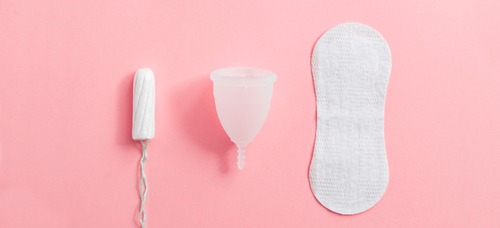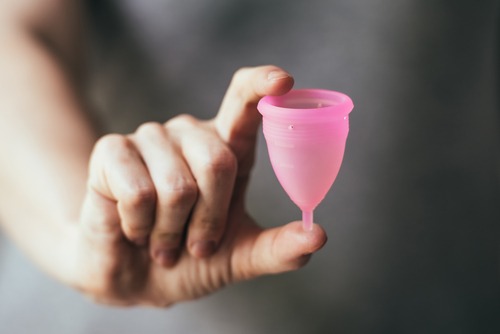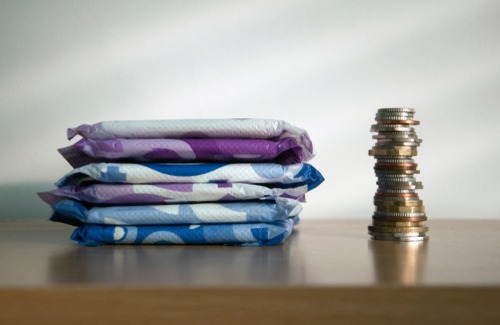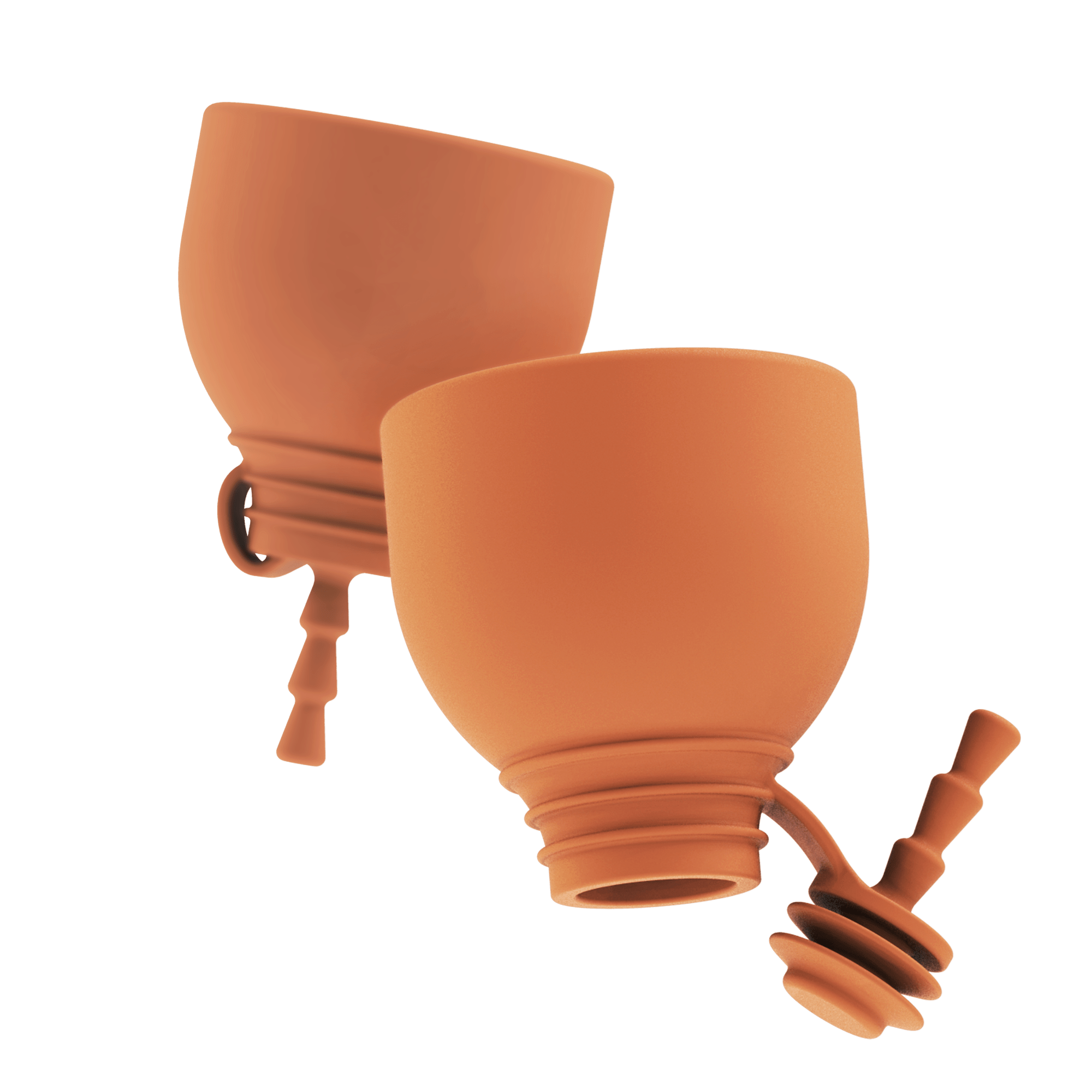Period poverty is a term most often used to describe a situation where people can’t afford or access menstrual products like sanitary pads and tampons. Because having a clean and healthy period requires more than just the ability to absorb blood, not having access to toilets, washing facilities, and disposal is also part of period poverty. These issues are most common in countries where people have limited resources already. But the truth is period poverty is not an issue only for people living in poorer nations. Period poverty is a growing problem in the USA. A Menstrual cup can offer a solution for some people suffering each cycle.
Gentle exercise is good for us during periods
A recent study involving college students aged 18-24, showed that over 14% of the participants questioned had felt the effects of period poverty in the past year. Not being able to afford menstrual products, many students missed classes and showed higher rates of depression.

As costs have risen and food pantries have expanded to try and meet demand, the need for menstrual products has also soared among those that can no longer afford them. For everyone who reaches out for help with their menstrual needs, several others suffer in silence and go without. Often when people cannot afford menstrual products, they isolate themselves due to shame and embarrassment. When a mother makes a difficult choice in the grocery store due to prices, rolled-up toilet paper and rags become makeshift sanitary pads for the week. These aren’t extreme examples. They’re a part of life for millions of people. Using menstrual cups like CapdCup rather than disposable products, can help to break the cycle of period poverty.
It isn’t always about the products

Aside from the need to purchase menstrual products each cycle, other factors create period poverty for menstruating people. Homeless women lack access to a regular private, clean space in which to change their products. Safe and clean disposal of products can be difficult for people living without a home or moving from place to place.
People who have a roof over their heads sometimes don’t have utilities, or their house plumbing is in disrepair. So many of these very basic needs for a clean and comfortable period are missing in people’s lives. Aside from the initial problem of needing to find these facilities where possible, being in this situation often causes shame, embarrassment, depression, and a general wish to isolate further from the world that they already feel apart from. At Capd Period, we designed our cup to be emptied without removal, allowing 12 hours of wear. This feature is especially helpful to those with limited water and toilet facilities.
Changing period poverty one menstrual cup at a time
Many social changes need to occur to ensure that everyone has access to the clean sanitation facilities that they need when having a period. When it comes to menstrual products, and particularly period poverty, menstrual cups can be a game changer. The problem with donating pads and tampons is that they are disposable. They’re used once, and before the person needs to seek out more menstrual products for the next cycle. It’s a never-ending task for both the recipient and the donor. With up to 10 years of use before it needs replacing, a menstrual cup brings a feeling of security and peace to a time of potential stress and shame. Consider donation of a menstrual cup instead of pads and tampons, and help break the cycle for someone in need.




